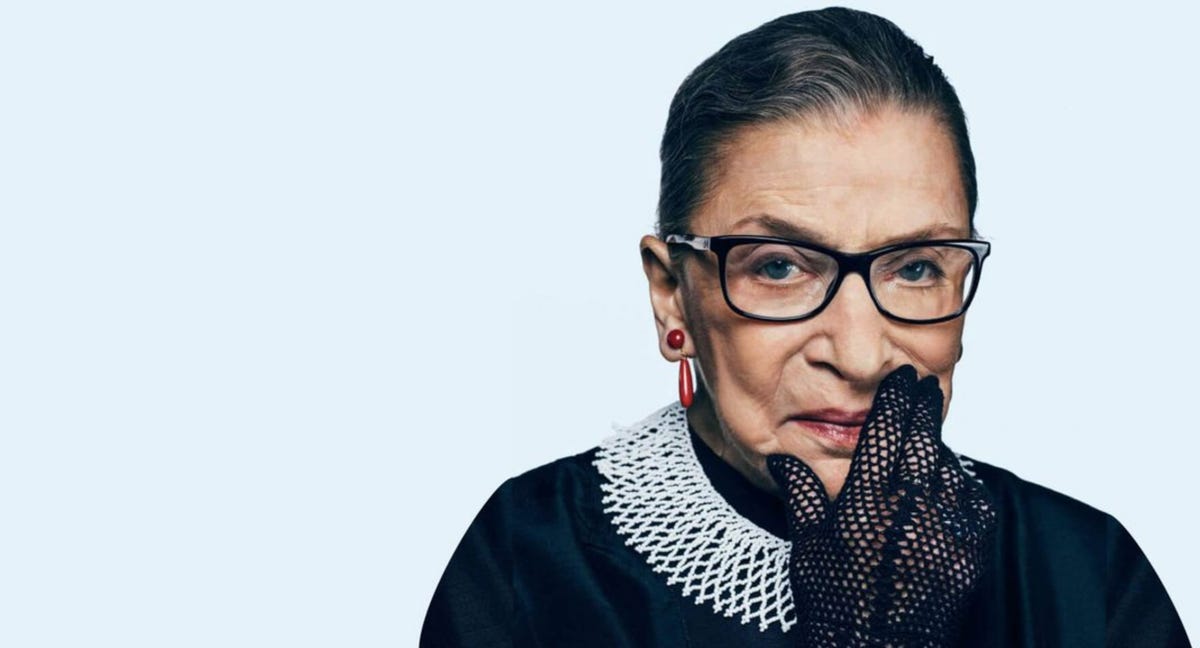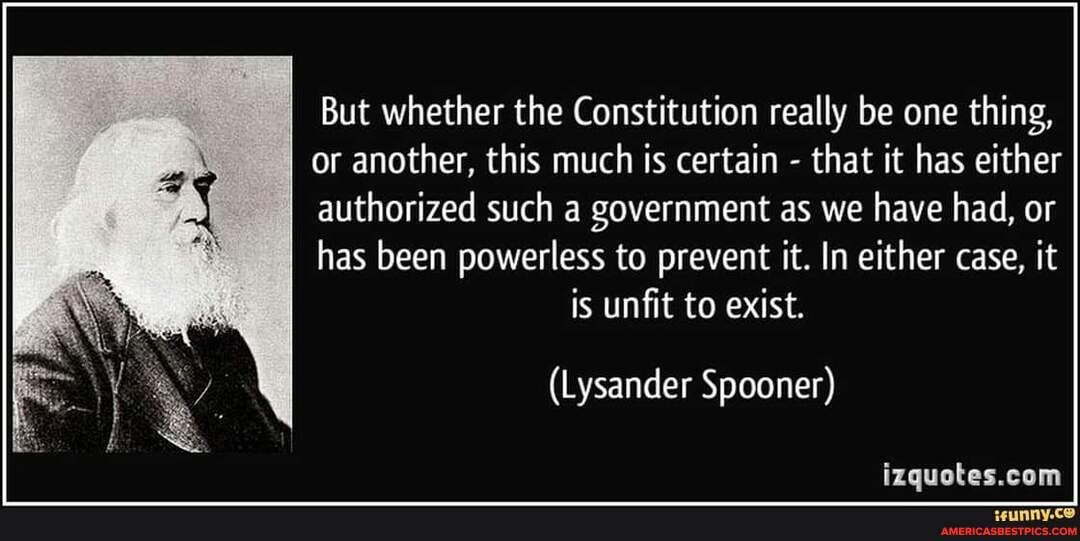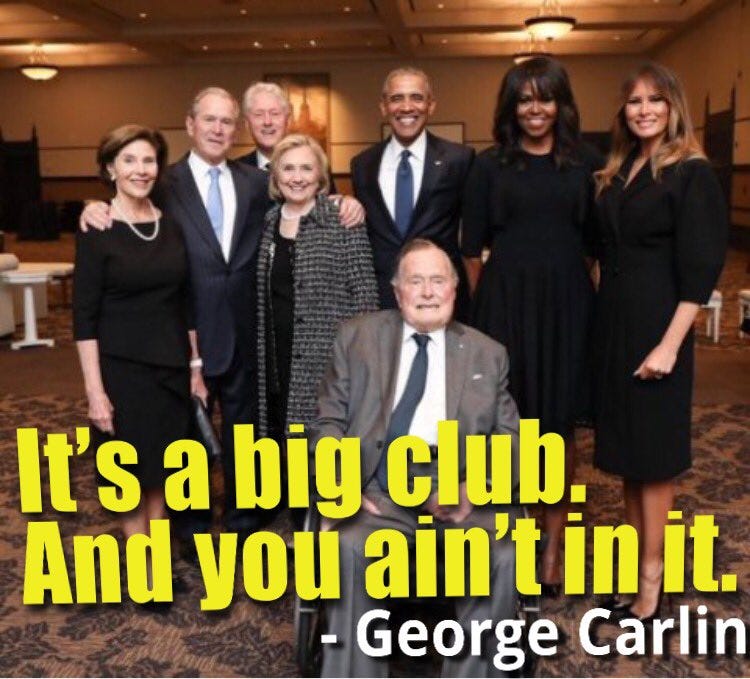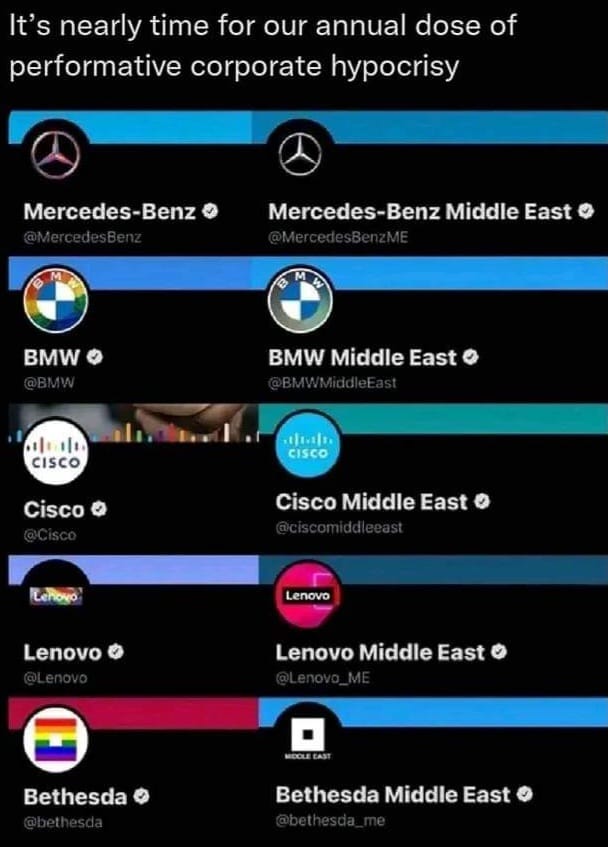The following is Part 2 of a 4-part series reflecting on the overturning of Roe v. Wade.
Part II
Peeling back the layers of the onion
In all the infernal shrieking over the past few days, it’s become painfully obvious to me that there is a lot of messy conflation and sloppy logic going on, with multiple layers to an issue many people are treating as totally binary.
So, first things first.
My thoughts on the legal framework
Whatever one thinks about the morality of abortion itself, at play here is really first and foremost the question of how the United States should approach the practice from a legal standpoint.
Contrary to popular belief, overturning Roe v. Wade does not make abortion illegal always and everywhere throughout the US.
Roe was an opinion issued by the Supreme Court in which the supposed right to privacy— and by extension, abortion— was implied within the US Constitution, even though no such language exists anywhere within the document.
Even lefty #bossbabe Notorious RBG herself admitted that the court’s opinion rested on shaky legal ground.
And courts can change their minds, even if it’s rare for them to do so.
Now, as someone who is alarmed by the intrusion of the surveillance state into the most private corners of our lives, often without our knowledge (thanks, W!), I’m loathe to weaken the case for a right to privacy.
But it’s an inconvenient fact that no such right is explicitly acknowledged in the US Constitution, so if we the people supposedly respect “law and order,” then we the people need to go through the legislature to amend the Constitution or to create laws limiting the government’s power, rather than relying on the judiciary to legislate.
But that’s assuming you actually believe in the “division of powers” we’re all taught in 5th grade.
Or that the government will actually follow the laws it pretends to abide by, despite all the evidence to the contrary that the US government flagrantly breaks its own laws with impunity.
Now, I certainly don’t believe the powers that be would ever pass such laws limiting themselves from poking their greasy claws into every aspect of our existences, and I don’t even believe that “democracy” is particularly noble or ethical, but Democrats (supposedly) believe fervently in “democracy;” it’s in their name, after all.
For people who carry on about our supposedly sacred democracy and how its hallowed halls were violated on January 6, what could be more democratic than respecting the will of the people of each state via their legislatures— ostensibly representative bodies— about what is probably the most contentious American social issue?
There are so many things we’re content to leave to each state to decide: like murder, for example.
Why not this one which has clearly caused nothing but division and strife by being held hostage at the national level, where people feel they have the least impact?
Could it be because the average American doesn’t actually believe in the religion of the state after all?
Could it be she just thinks “democracy” means “whatever I think is good” instead of a formal process to be respected?
Could it be because most people actually believe the ends justify the means as long as the outcome is what they want?
Many people will say that “injustice anywhere is a threat to justice everywhere,” but if abortion access is truly an urgent human rights issue, why limit your activism to third world shitholes like Texas and Mississippi?
Why not have our military spread some democracy and abortion access and every other pressing rectification of affronts to social justice— gay marriage, free healthcare, all of it!— abroad in places like the Middle East or Africa?
Elon will surely be taking a few good abortionists with him to Mars, right?
“But I don’t want to go to the Middle East,” you say as you wonder whether you really want to go to Mars with Elon, either.
#MeToo.





